What fabrics are sustainable?
Sustainable fashion is something that I've been working on for years and years and I'm really happy to see that more and more people are starting to share my concern for the environment.
As a sustainable brand that can be really hard to figure out what fabric is best to use, what actually is sustainable and what maybe says it is, but it actually isn't. I want to give you some tips for sourcing sustainable fabrics.
If you’d rather learn about this topic as a video, click here. Or, read the transcript below;
What are Sustainable Fabrics?
Well, the first thing that you need to understand and decide about sustainability is to define what it means to you. There's no official guidelines as to what sustainable fashion actually means, there's no legislation on it. You really need to decide, for you and your brand in particular, what that means.
A classic example is recycled fabrics, loads of brands these days use recycled polyester and a lot of brands and a lot of sustainable shoppers are going to be fine with using recycled polyester or recycled polyamide. Other people are not happy with that, as they view it as essentially a plastic and they don't want to be using that at all, they only want to use bio-based fabrics. You really need to decide from the get-go what your sustainable values actually are and what sustainability really means to you, your brand and also what it means to your customer as well because obviously it's them that you're going to be serving.
We also need to understand that there's not one ‘safe’, so to speak, fabric that you can use. For instance, bamboo could be a great option, it’s a bio-based fabric, bamboo grows really quickly, uses a lot less water than a lot of other fibers, but there's good and bad in everything.
How are the Fabrics Processed?
What's actually more important than looking for a particular fiber is to actually look beyond that and figure out the process in which that material was made. If we look at that bamboo as an example, that can use a lot of chemicals in the process, a lot of harmful chemicals, in the process of turning it from bamboo plant into actual fabric that we can use.
What we want to do is work with suppliers, who can trace the raw materials, they can trace the process of going from that bamboo plant into a thread that's made into a fabric and understand each step of the process and essentially work with suppliers who were actually committed to being better.
Does Your Suppliers Ensure Sustainability?
If you have suppliers that are just answering questions about sustainability really vaguely chances are that it's not a priority to them and they’re just using it because it's a buzzword at the moment.
Whenever I speak to a supplier who's excited to work sustainably, they are super excited to answer all of my questions. They want to show me things. They normally have some kind of video or booklet or or some kind of further reading because they're proud of what they've achieved. So if someone's just labeled something sustainable and doesn't really give any further details, I'd be a bit suspicious about that.
The other thing you can do is to look out for independent certifications. There's a lot of different ones, two common ones I see are GOTS for example and Oeko-Tex, but really understand this, similarly to the fiber types, there's not one rule that means that something is sustainable.For instance a Oeko-tex, they have a ton of different certifications and some of them aren't actually at all related to sustainability and that's - actually scarily enough, the one that I see most commonly used on fabrics to claim that it's sustainable -when actually it has no relevance.
What you need to do with certifications is make sure you actually go to the issuer, go to their website, email them. If you prefer, to understand exactly what that certificate means
and then you can decide - going back to that step one, those brand values - you can decide if that makes it sustainable to you or not.
Are you choosing the right fabrics?
I hope those tips have been helpful as we know sustainability is a very complicated topic, not really something we can cover in detail in a short video, but I hope that's given you a little bit of insight. If there's more that you like to learn about sustainability, please do leave a comment below and I can definitely keep it in mind for a future video or I may well already have a video training on that topic.
If you'd like to get some more support and learn exactly how you can create a fashion brand that doesn't cost the Earth, let's chat!
My courses and services have helped a ton of different brands go sustainably from zero to launch and I'd love to help you to do the same. Just click here to arrange something! We can set up a chat to see if it's something that I'm able to help you with.
Hope to hear from some of you soon and thanks for watching.
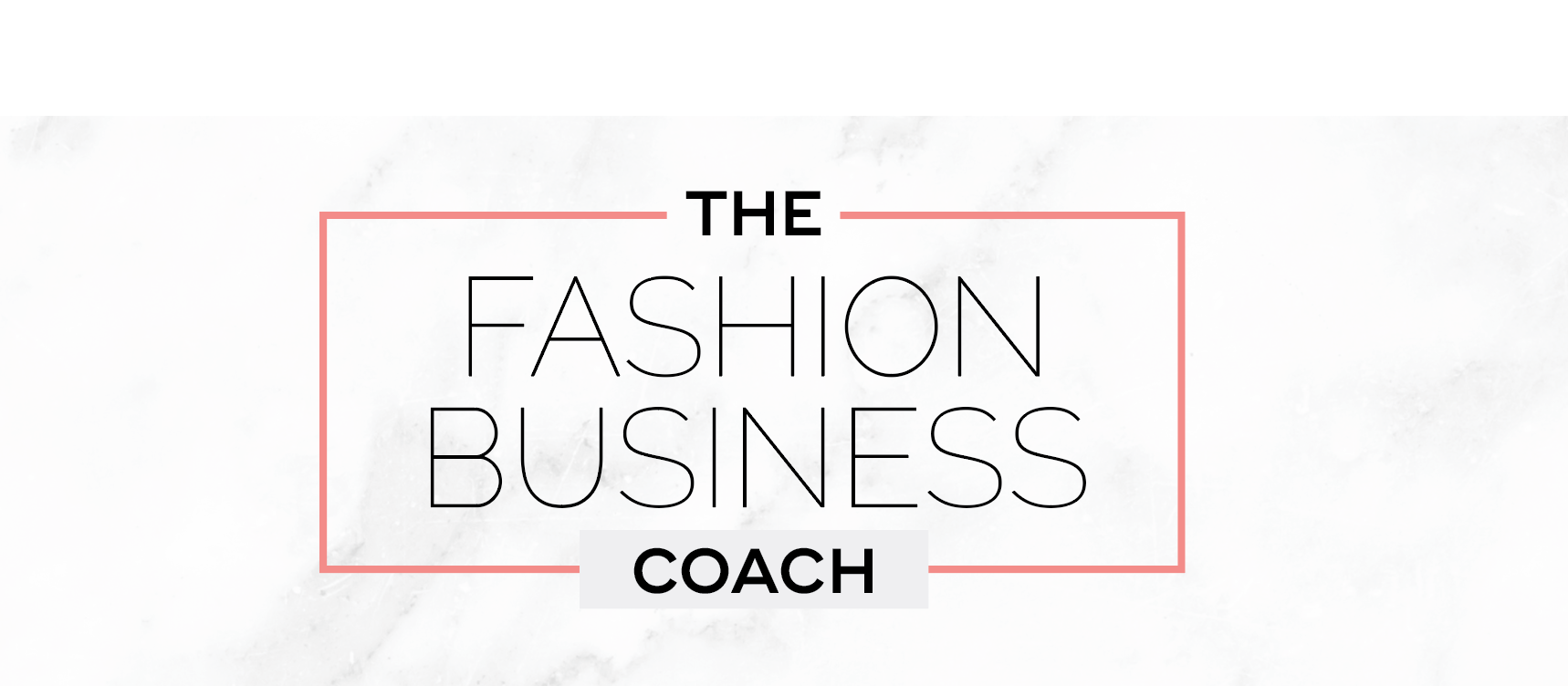
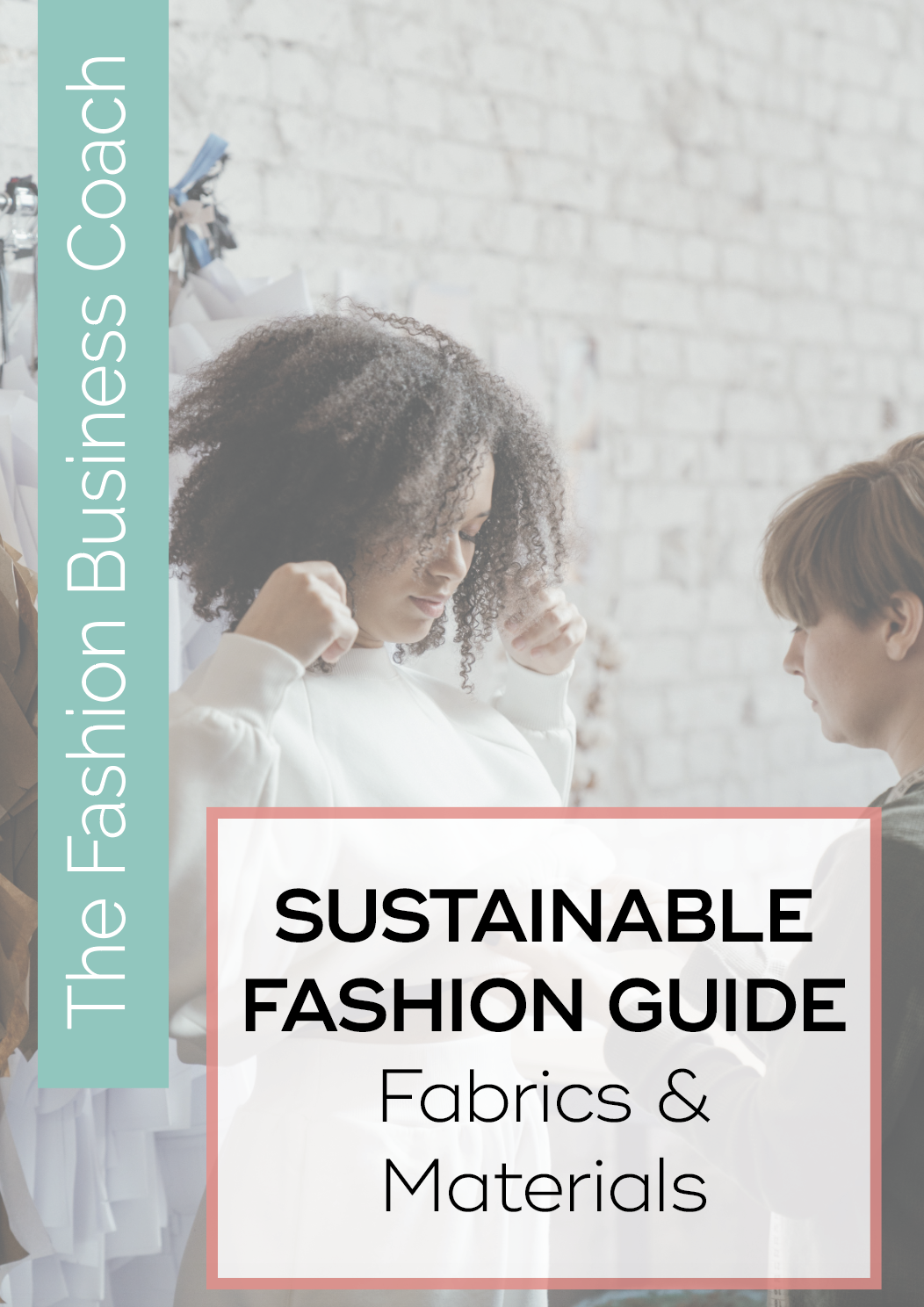
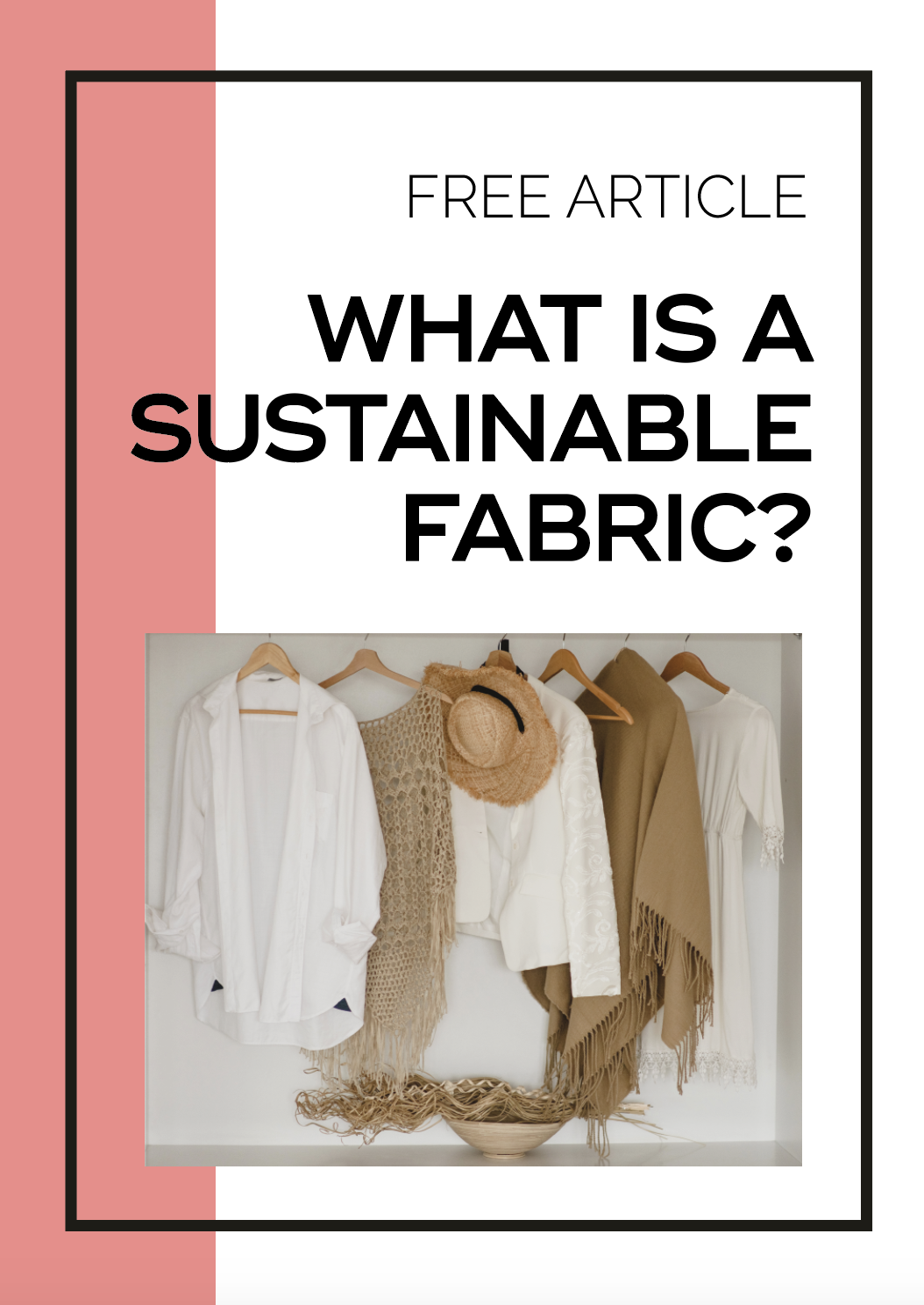
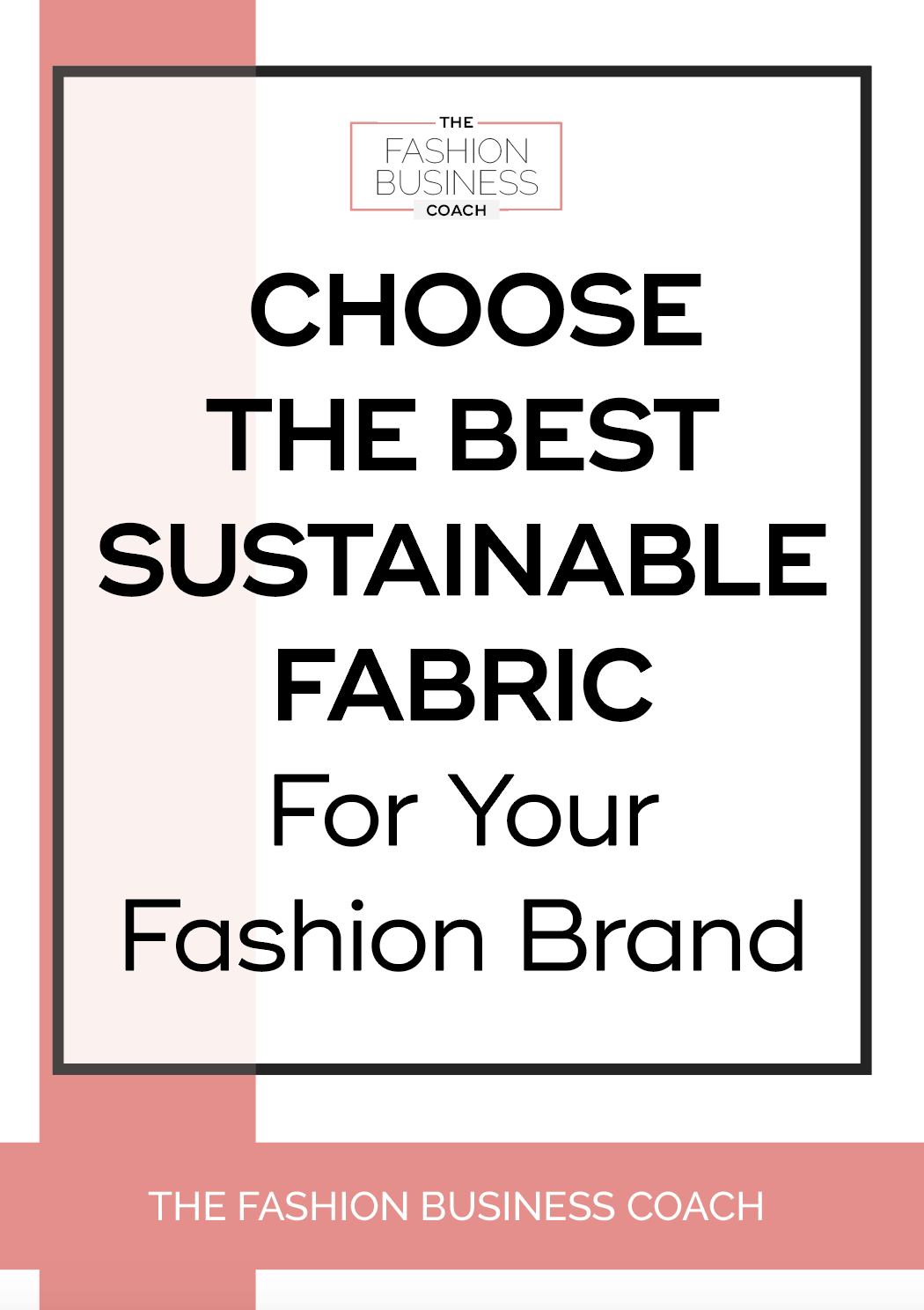
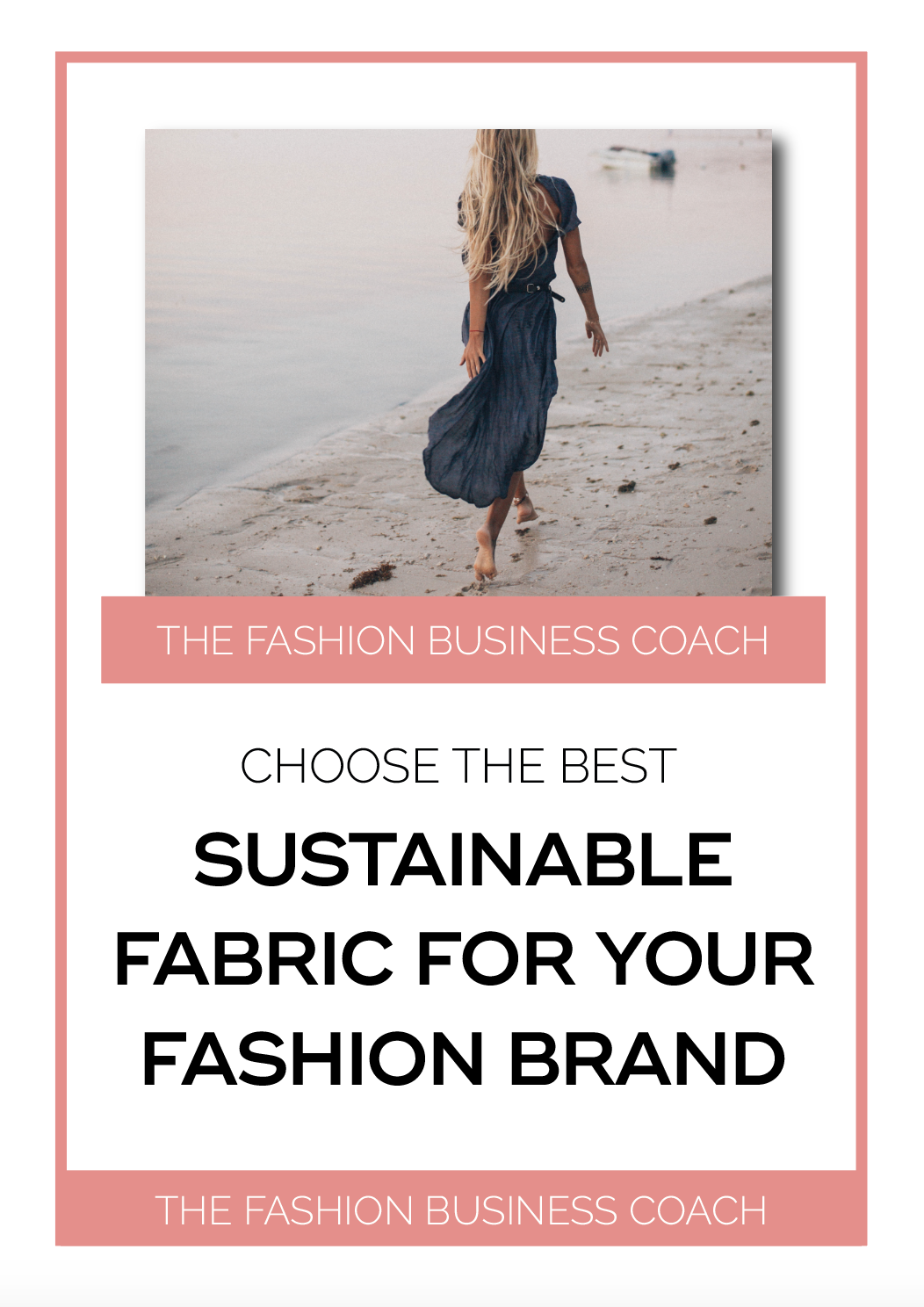
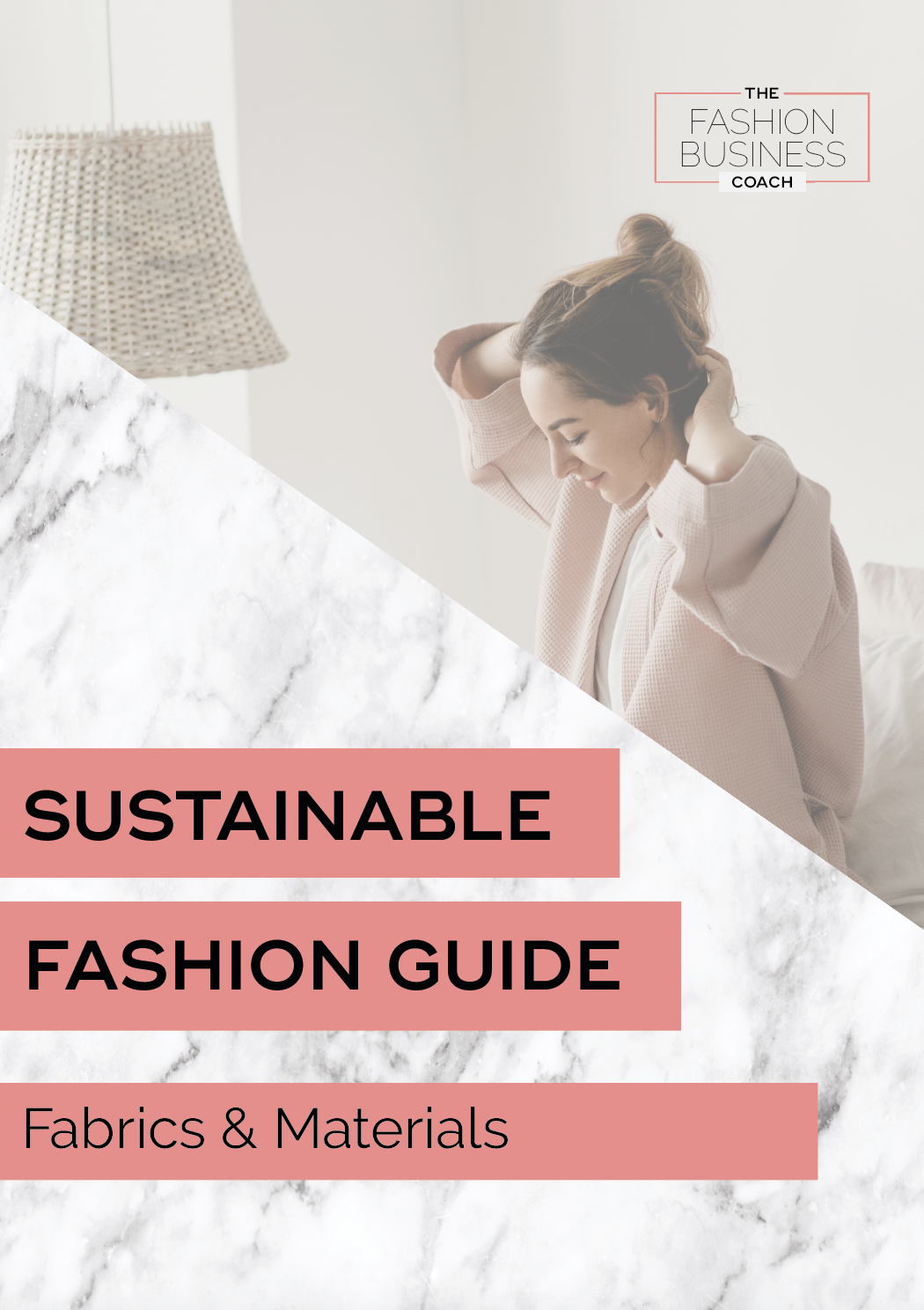
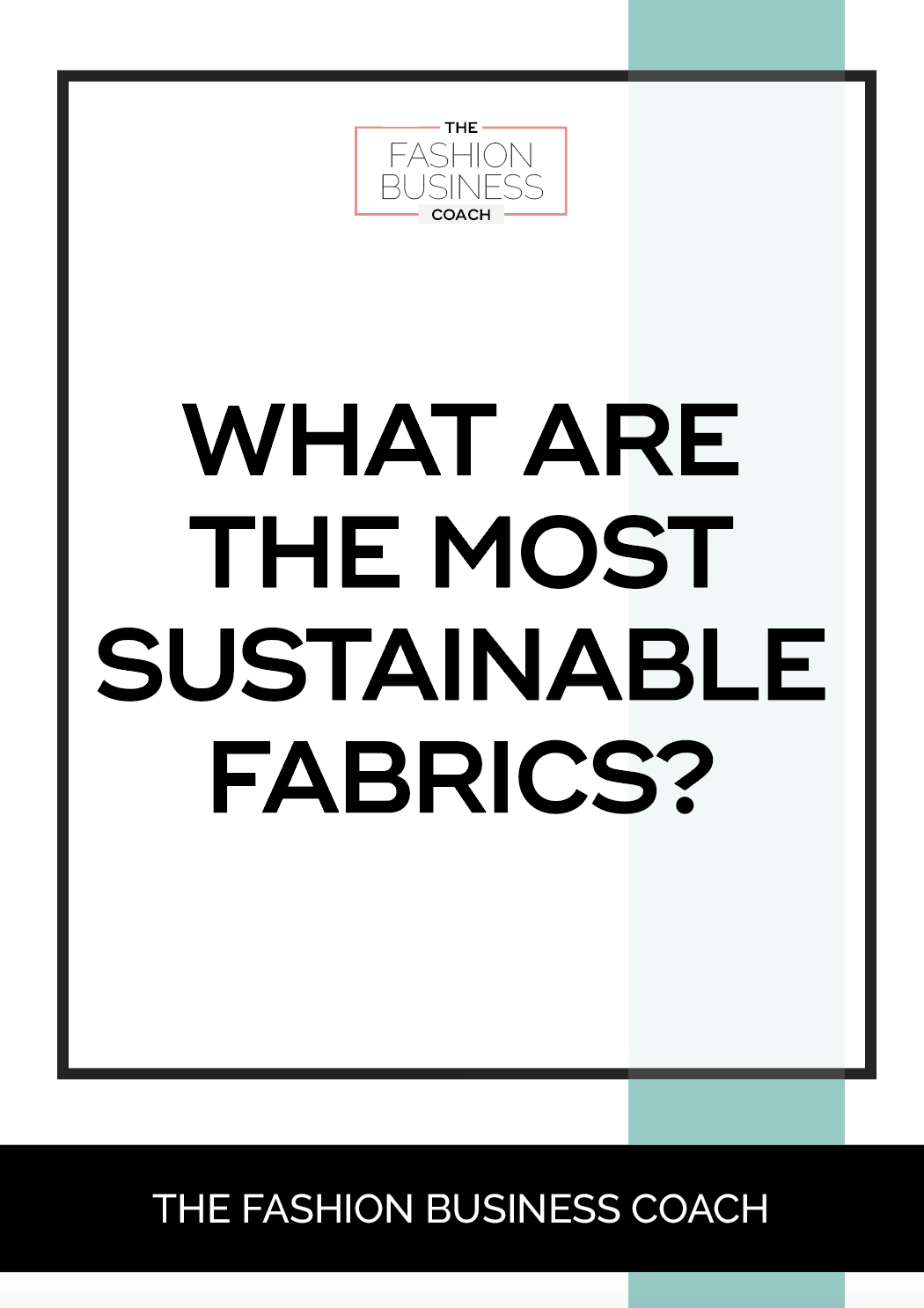
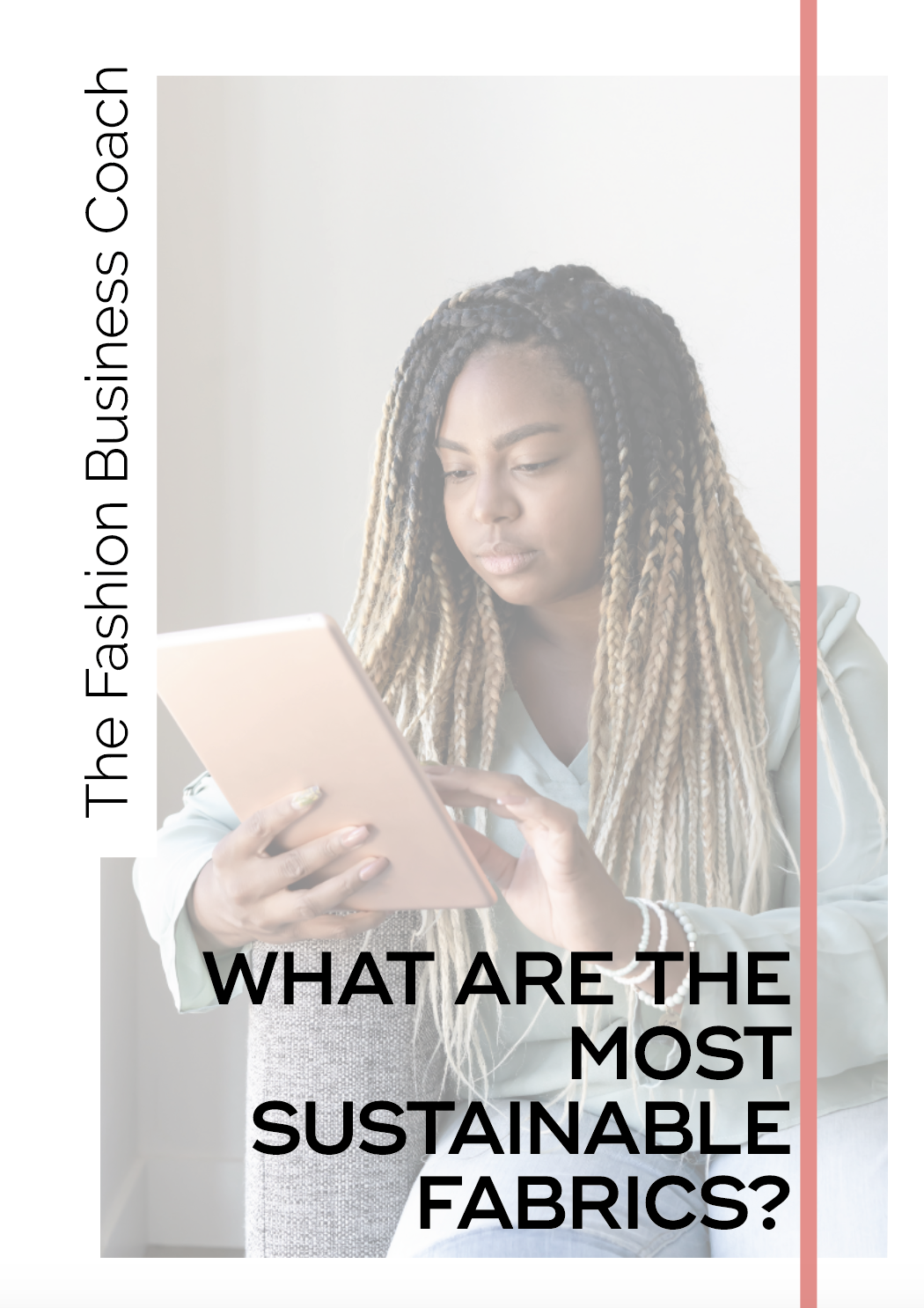
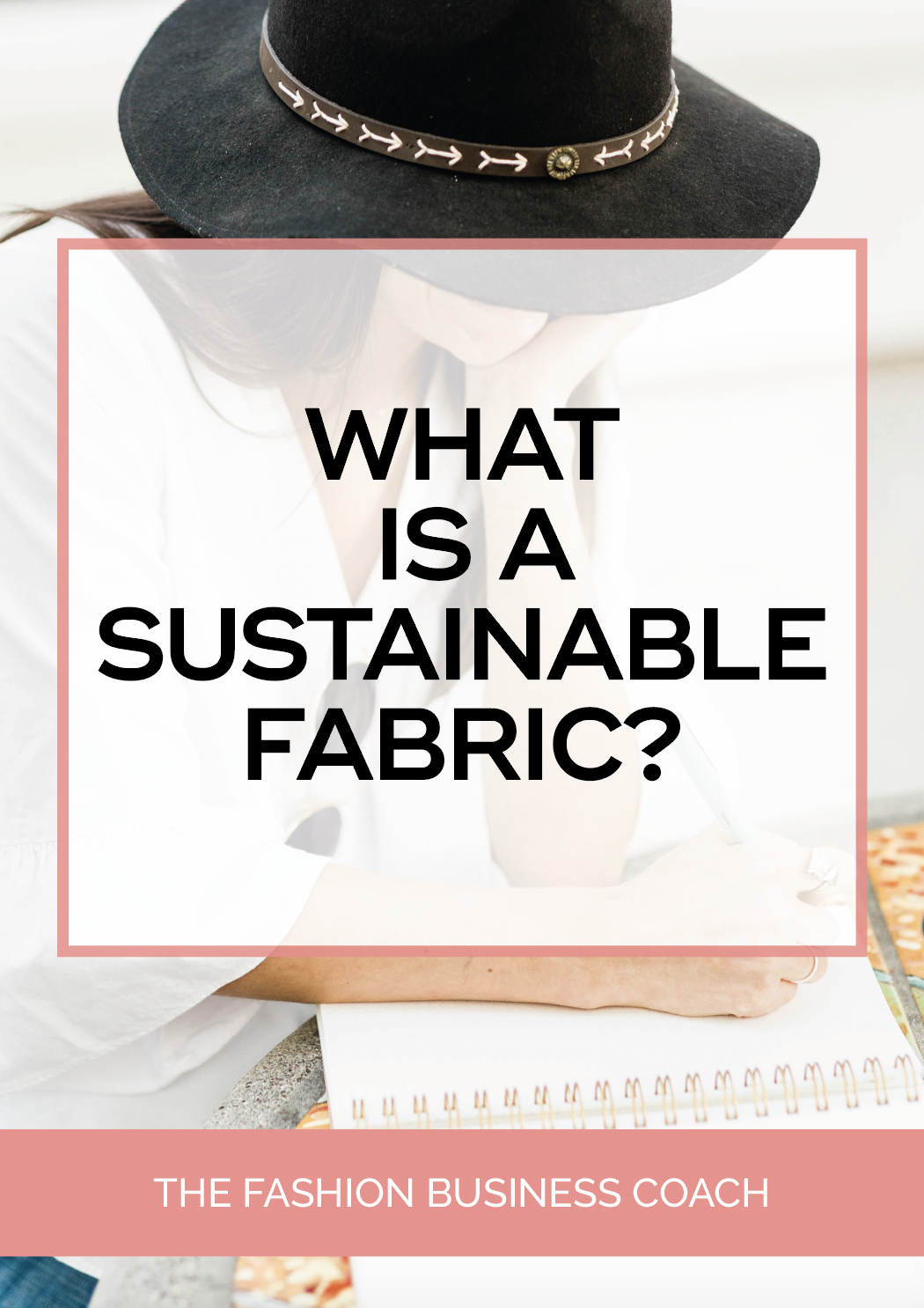
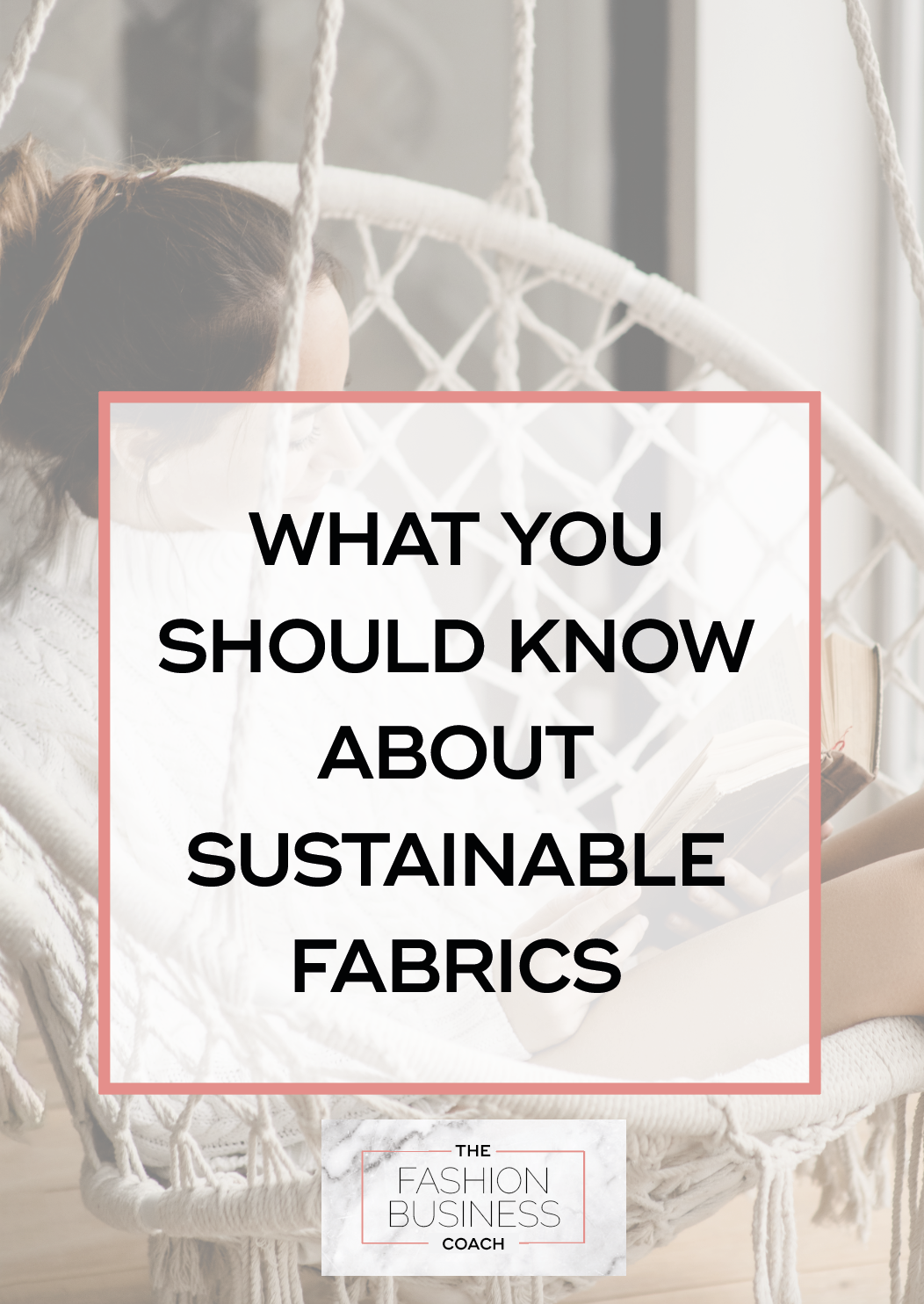
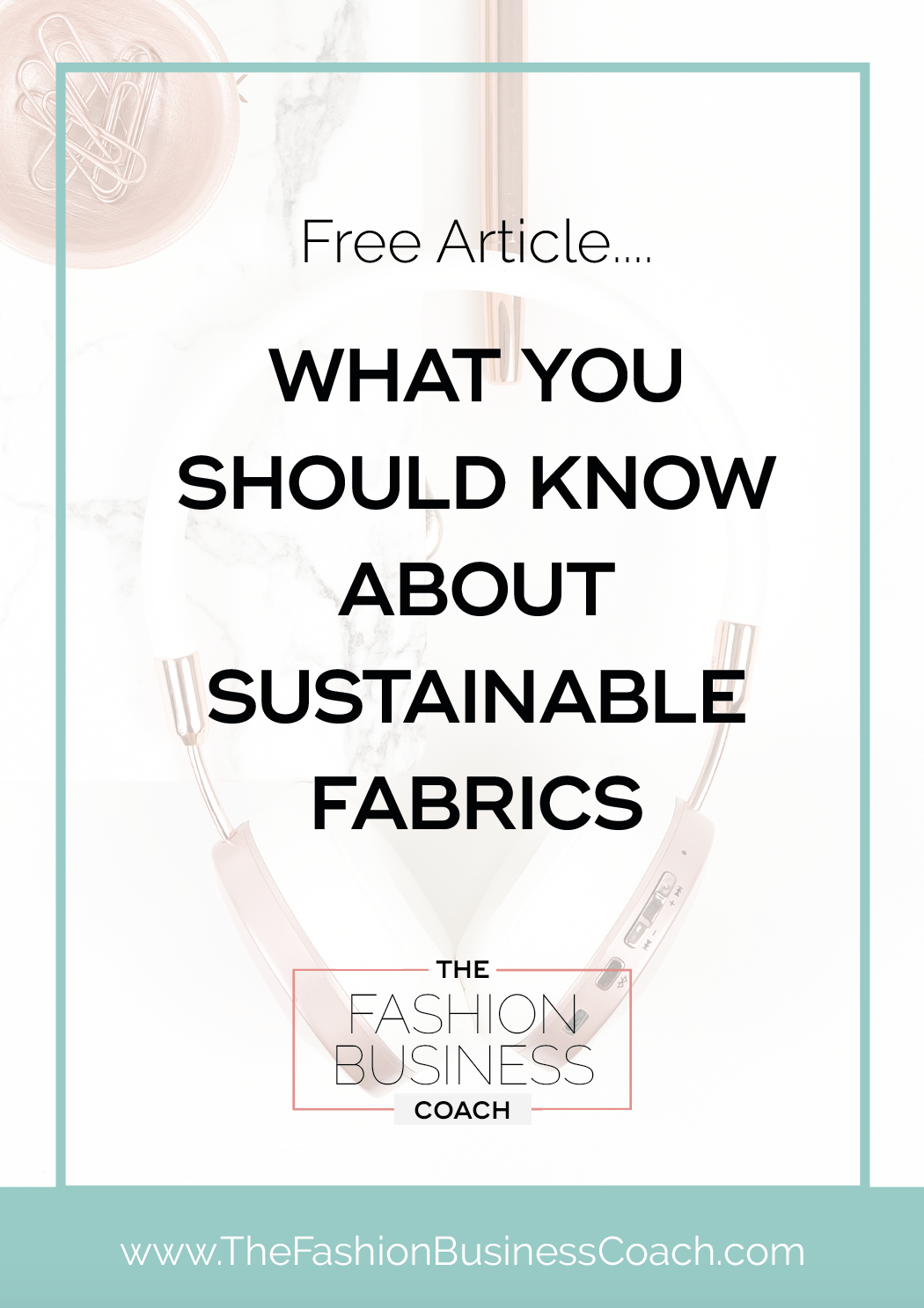
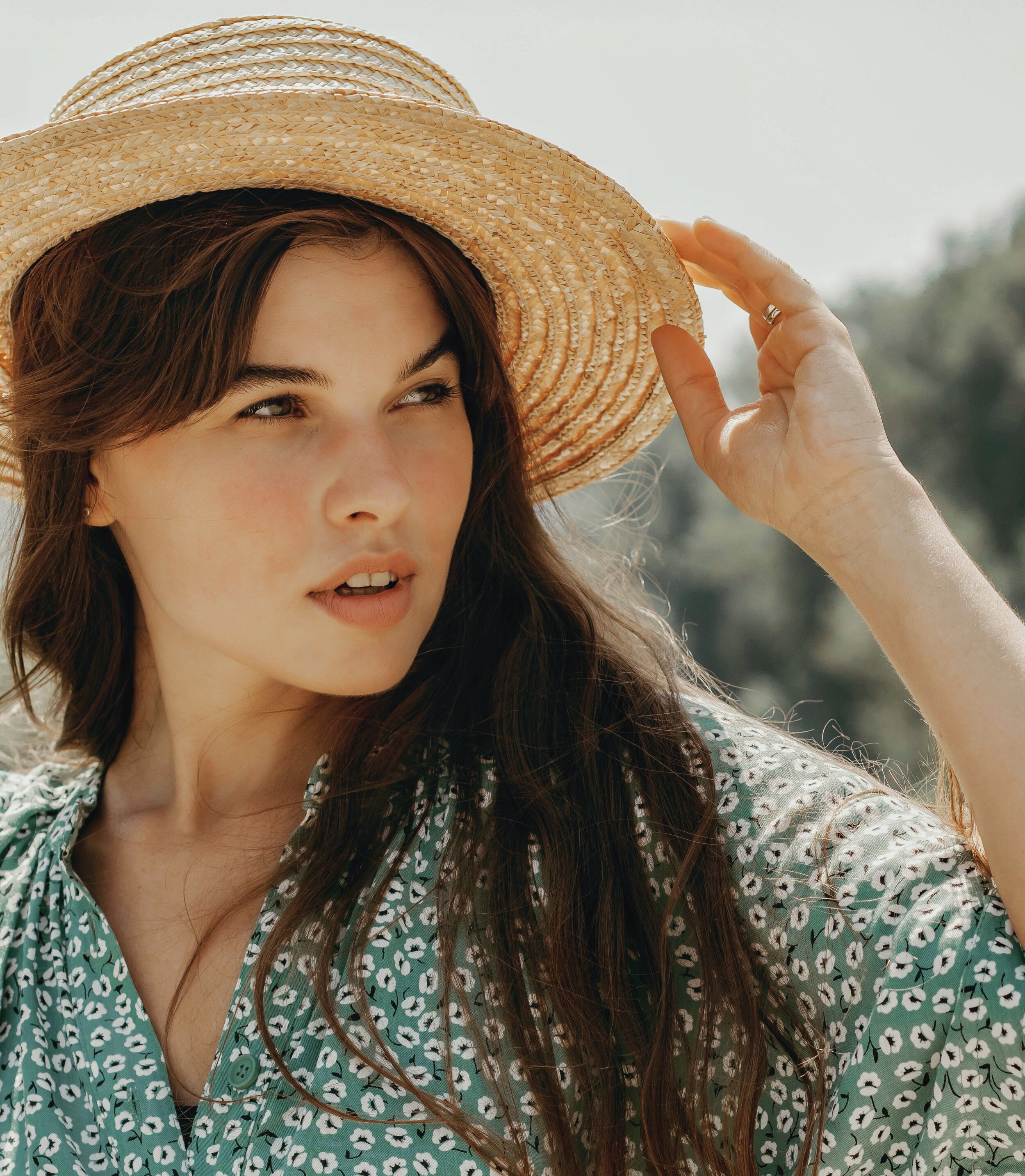











Pickleball outfit inspiration……